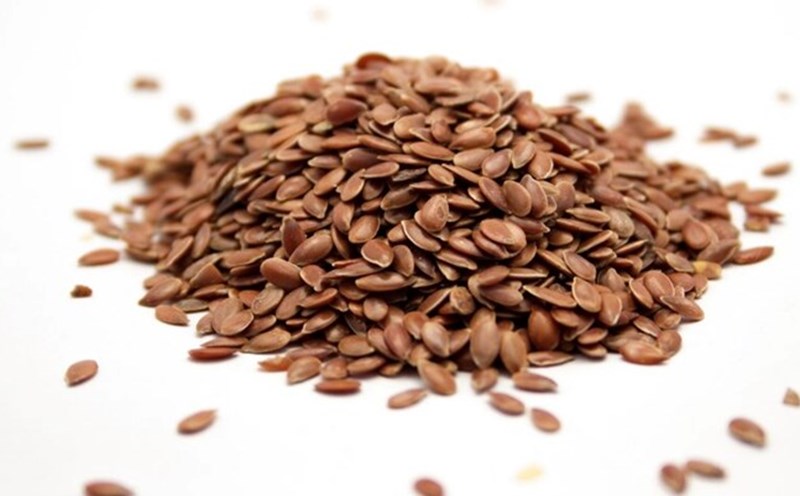Almonds, a superfood for a healthy gut
In recent years, almonds have been classified as a "superfood" thanks to their rich nutrients and ability to protect intestinal health. Studies show that this type of seed is rich in fiber, polyphenols and indigestible carbohydrates, acting as a prebiotic, a source of beneficial bacteria.
According to Ms. Ritika Samaddar, Nutritionist and Head of Nutrition Department at Max Healthcare, India: Almonds help increase beneficial bacteria such as Bifidobacterium, Lactobacillus and Roseburia. This is an important group of microorganisms that help balance the intestinal microflora, reduce inflammation and boost metabolism."
A rich gut microbiome plays a decisive role in maintaining healthy digestion, boosting immunity and improving spirit. Regularly supplementing almonds can help the body produce short-chain fatty acids (SCFA) such as butyrate, a compound that supports the intestinal lining and reduces inflammation.
Comprehensive benefits of a small seed
Not only supporting the digestive system, almonds also bring many other health benefits:
Good for the heart: Almonds help reduce bad LDL cholesterol and blood pressure, thereby protecting the heart.
Rich in plant protein: A 28g serving of almonds provides about 6g of protein, making it a healthy alternative to red meat.
Good source of fat: According to the US Food and Drug Administration (FDA), almonds contain about 13g of healthy unsaturated fat per serving.
Provides vitamins and minerals: Almonds are rich in vitamin E, magnesium and potassium, essential nutrients for energy metabolism and nerve health.
A healthy gut is the foundation of overall health, says nutritionist Ritika Samaddar. Eating almonds every day helps maintain this balance, thereby preventing diseases and improving the quality of life".
How to add almonds to your diet
The advantage of almonds is their ease of processing. Busy people can eat it raw or roasted as a healthy snack. In addition, almonds can be added to yogurt, breakfast cereals, salads or baked dishes to increase flavor and nutritional value.
According to the website The Nutrition Source of Harvard University, supplementing a handful of almonds (about 23 nuts) per day can partially meet the body's needs for fiber, vitamin E and vegetable protein.
Experts recommend combining almonds with a diet rich in vegetables, fruits and whole grains to optimize the benefits for the intestines and cardiovascular system.
With the ability to act as prebiotics, rich in nutrients and easy to use, almonds deserve to be included in the daily diet. A handful of almonds a day can bring great strength to the health of the intestines and the whole body.











